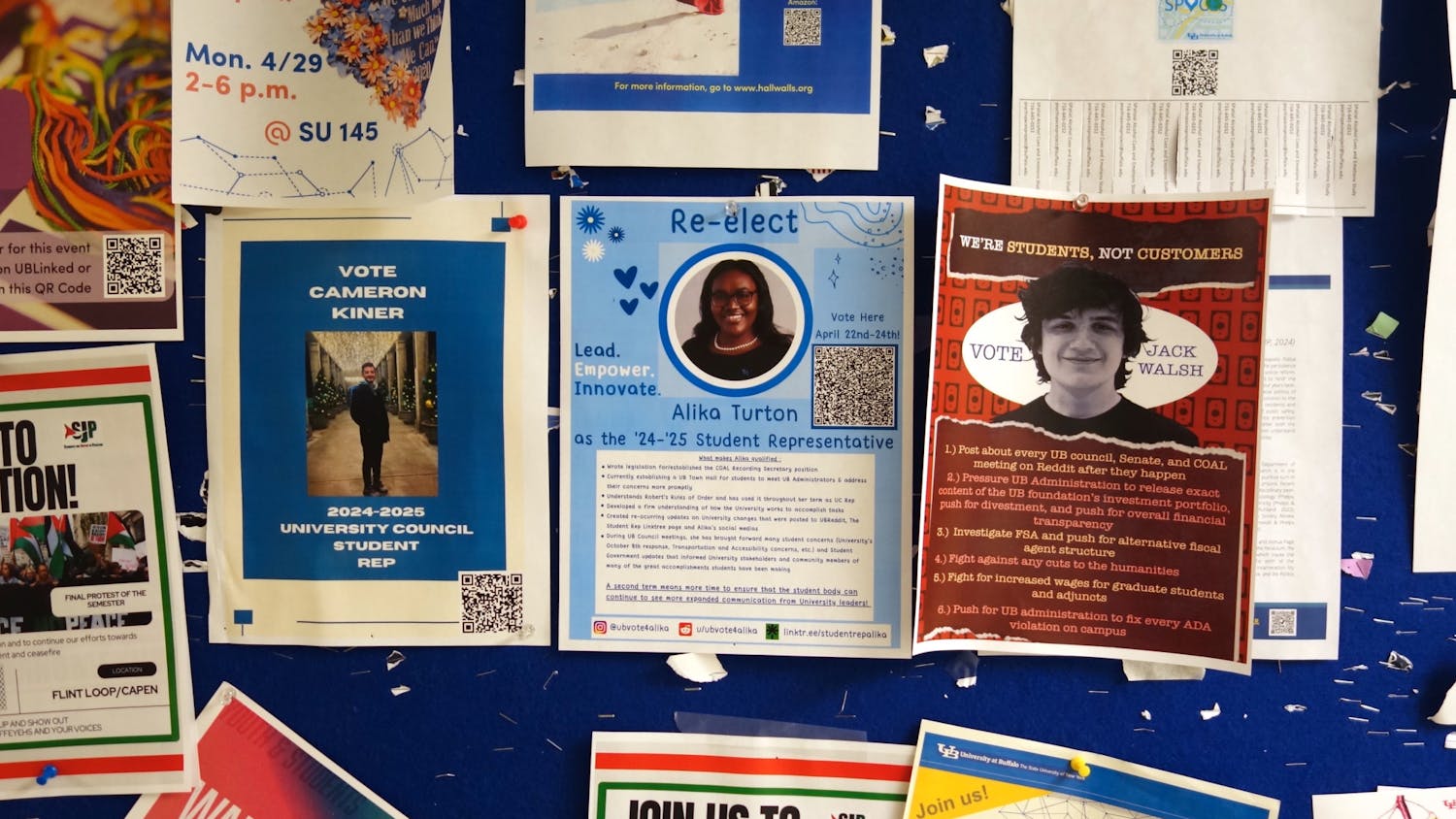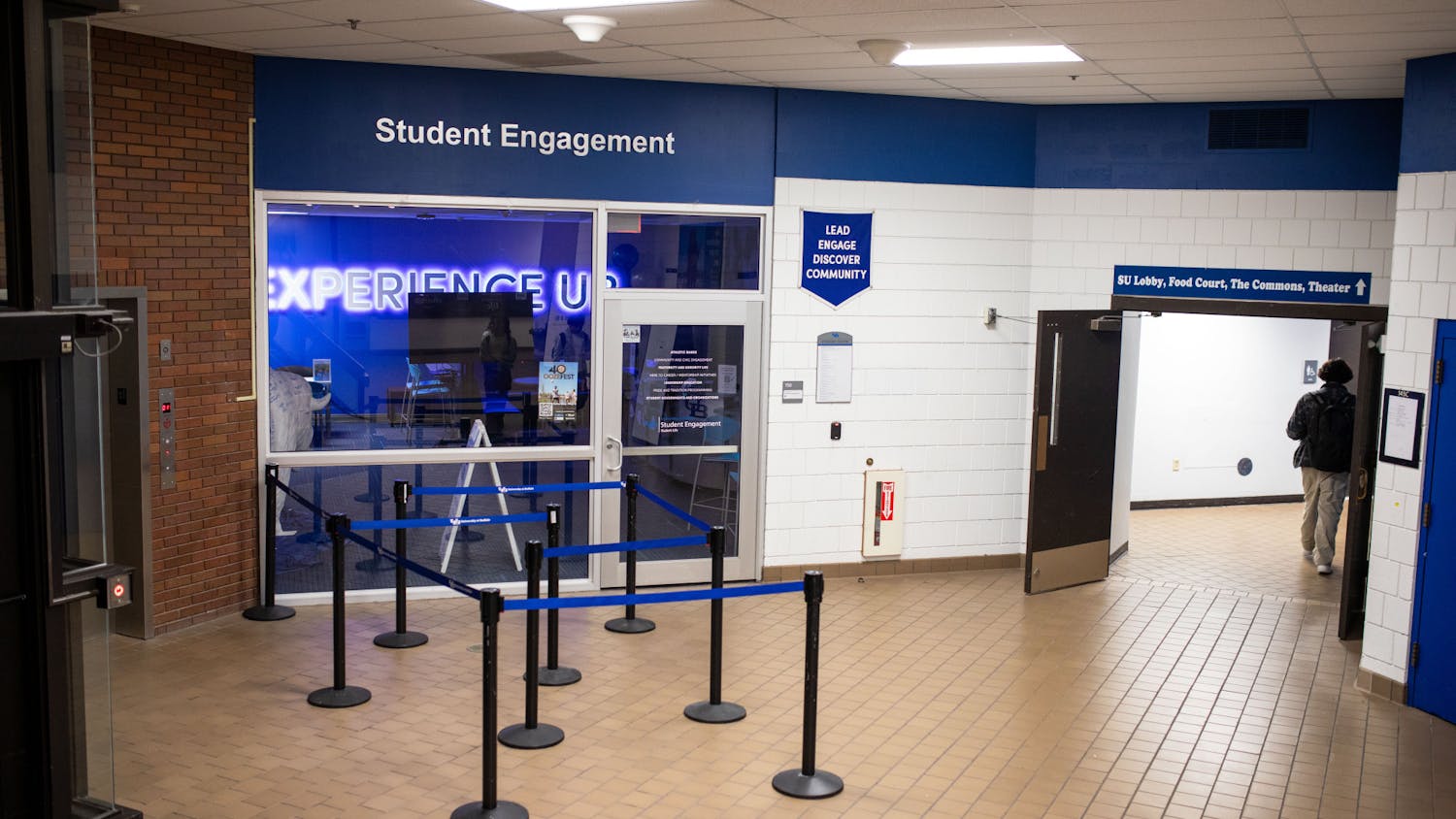With each second that ticks off the clock, a little piece of you dies. Time is working against you and your team synonymously. It appears there is no way that Toledo will be able to defeat Western Michigan by more than 14.
Sound strange?
It is. This is a game that should generate minimal interest from a national audience, even though ESPN assigned a lesbian announcer to cover it - a novelty that usually gathers attention. The outcome is no longer in doubt, yet there is a sector of the viewing audience still glued to the TV screen. Toledo is up 11, heading toward certain victory and doing what they are supposed to be doing, which is running out the clock. Yet there is a portion of their home fans booing them. This is the game within the game, where winning isn't everything - covering the point spread is.
Welcome to the world of sports gambling, a lucrative business used to fund a host of illegal activities including the sale of narcotics and loan sharking. While gambling is illegal in 49 states, Las Vegas serves as a national clearinghouse for the rest of the country to legally bet on sports games. With the addition of offshore betting sites that operate from areas out of United States jurisdiction, such as the Caribbean, sports gambling is now available to anyone who can get a hold of a credit card. You don't even have to leave your computer.
Nowhere have America's policies on gambling been more impacted then on college campuses. Student athletes are viewed by organized crime and organized gambling as easy marks. Often, they are used by big money gamblers as pawns in a game of high-stakes chess.
The most common way student athletes taint the outcome of a game is point shaving. Point shaving is the art of finding some way, whether it is missing enough shots or dropping enough passes, to ensure one's team is unable to cover the point spread. Of course, this has to be done in a subtle form to avoid detection by the school and the law.
Over the past 10 years there have been dozens of cases of point shaving involving prominent athletes at reputable institutions that have been exposed. More importantly, there are hundreds, if not thousands, of other instances that have slipped through the cracks, netting thousands of dollars for bookies, gamblers and student athletes. In a random survey of 460 Division I athletes conducted by researchers at the University of Michigan, five percent admitted to succumbing to gambling pressures, either by providing inside information to gamblers, betting on a game they participated in or accepting money for performing poorly (point shaving). In these instances the only price paid is the integrity of the sport. The survey also found that 50 percent of student athletes had illegally bet on sporting events.
Here are a few of the more notable point-shaving scandals:
In 1994, 11 Northwestern University student athletes were convicted in gambling scandals involving the school's sporting events. Among them was the football team's star tailback, Dennis Lundy, who admitted to fumbling the ball at the goal line in a 1994 game against the University of Iowa to win a bet. The man behind these dealings? Then bookie and former Notre Dame place kicker Scott Pendergast.
Arizona State All-American point guard Stevin "Hedake" Smith sacrificed a promising pro basketball career and ended up in prison after he and a teammate were found guilty of shaving points.
Players are not the only ones involved in this shady enterprise. Although there has been little publicized evidence of officials' involvement in game rigging, rumors and insinuation abound. In an ESPN interview, former Indiana Hoosier and now Texas Tech coach Bobby Knight stated: "If we only knew the truth about games that were controlled by officials having gambling interests, I think it would be amazing."
It's comforting to hear that one team's season worth of blood, sweat and tears can fall by the wayside because of some guy in stripes with a gambling compulsion. Anyone who saw the Bills-Titans wild card game in 1999 knows what I'm talking about.
In a statement made before Congress, which was considering a bill banning gambling, South Carolina coaching legend Lou Holtz said, "I have witnessed our football players be idolized, praised and cheered after a win. I've also witnessed them being ridiculed, demonized and ostracized after a win. The only difference was in one case we covered the point spread. In the other, we didn't."
One thing that gambling has done is permanently tarnish the way we look at sports. Like a virgin being touched for the very first time, we can never be sure that what we are seeing between the lines is pure and unsullied. At what point is a missed jump shot just a missed jump shot, not something far more sinister? Is a bad call just an honest mistake or a greedy, money-grubbing ref's way of deciding the outcome of the game and his wager.
While the athletes may be in the spotlight of this epidemic, there is another, far bigger market with a vested interest in the point spreads. A New York politician once called gambling a tax on idiots. Maybe, but believe it or not, a lot of people do win on these games.
A more impartial description of sports gambling is a mainstream version of Dungeons and Dragons, with athletes serving as role players in the win or loss of your personal fortune. It's a strange concept, the thought of a place kicker from Toledo determining whether you're eating Ramen noodles or steak dinners for the next month.
In closing, we'll look at some micro-level effects that gambling has had on this office. One of my friends was introduced to the world of online gambling this semester. Already heavily in credit card debt, he went to the online blackjack table. Call it beginner's luck, call it what you will, but he hit the jackpot and won $1,300 in his first hour at the table. Now able to pay off his credit card bills, he asked me if he should keep going. I gave him some friendly advice: Strike when the iron's hot.
A few hours later, I saw him out at a bar, crying into his beer. He explained to me that he had lost every last penny and begged me to buy the next round.
A certain Spectrum staff member, who wishes to remain anonymous, got off to a flying start this season by laying down $10 and $20 bets. At one point, he was ahead by $250. He then went for broke, betting on his home team, the UB Bulls, to cover the five points they were getting against Akron. As we all know, the Bulls got smoked 41-14.
Then, in a desperate attempt to get back on track, he went home and laid down the rest of his money - and then some - on Florida State, who was getting 18 against Florida. Florida won by 24, and he has now landed a job as Santa at the Boulevard Mall for Christmas Break to pay his landlord, who is becoming more and more impatient over the delay of his rent money.
I've seen what gambling can do and the heartache it causes. It sucks you in and then spits you out. To quote my uncle, "When the money's gone, it's time to move on."
But, if I were a gambling man, Buffalo +9 against San Francisco looks like a good bet.




